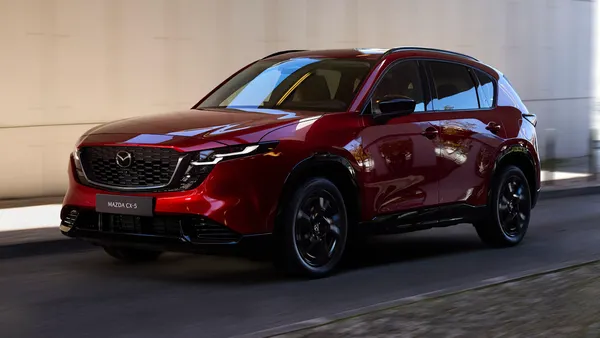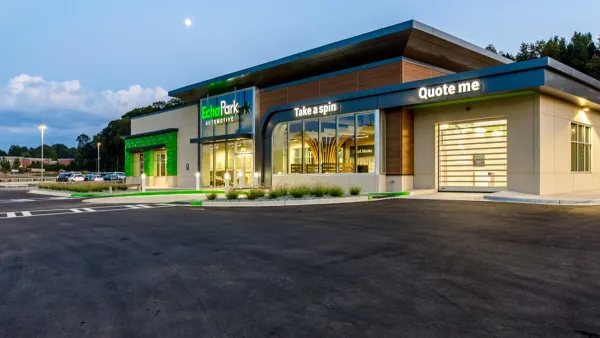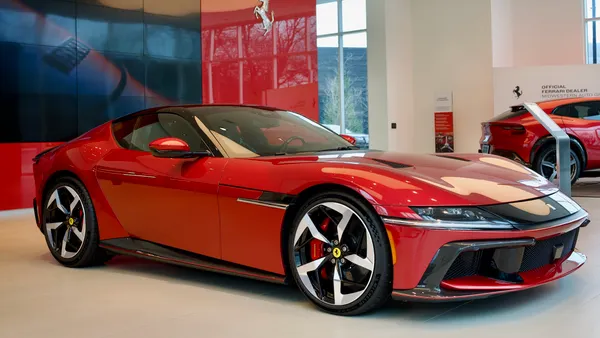Editor's note: This story is part of the WardsAuto digital archive, which may include content that was first published in print, or in different web layouts.
I’m amazed at the opportunities afforded me from spending more than 45 years in the auto industry. I never know what might come from the next e-mail or telephone call.
Sometimes, I’m asked to answer questions, provide research, offer non-confidential information and provide advice to non-automotive clients on specific areas of our business. This is interesting, and challenges me to think non-traditionally.
Recently, I received a request to speak with a research analyst from a venture capital firm. It had an interest in auto retailing, and wanted specific information.
Not knowing specifically what the analyst might ask, I brushed up on things like the seasonally adjusted annual rate, individual manufacturer’s deliveries, recent sales trends, current products, future product plans, dealer count, dealer satisfaction scores and potential economic factors that could impact our business.
When the analyst called, I thought I was armed with all the information the firm might want. I was in for a surprise.
The analyst indicated his firm was not involved in auto retailing, but there was an interest in potentially making a significant investment in “this space,” and he had a few questions that would help them decide.
The greater part of our conversation centered on his first two questions: “Tony, how would you define a good dealer or dealer group? What makes one dealer better than another?”
Wow! I had not expected that. My response turned out to be more conversational, filled with personal opinion rather than fact-based information. Since that call, I have replayed in my mind what he asked. I keep thinking of what positive actions dealers take to succeed.
The first three items I discussed are what we all know and the ones the manufacturers arguably judge each dealer on: market share, customer-satisfaction scores and profitability.
That’s the quick and easy answer. But what individual factors aid a dealer’s ability to excel in these three areas? The full answers would probably provide the basis for a book, which I will not begin here.
But almost without exception, the good dealer groups I have had the pleasure to work with over the years have had a few characteristics in common.
First, the dealer principal is a person of high integrity who has made a commitment emotionally and financially to the business and community.
He or she has made an investment in his personnel and has taken the necessary steps to ensure they are the very best.
The dealer and staff have instituted processes and established a culture whereby the business will operate consistently within established parameters. I would challenge you to think about that one.
Good dealers don’t become good without properly trained personnel who share the dealer’s vision.
Most properly trained personnel don’t need constant supervision to excel, but they should get encouragement and accolades for helping an organization attain the high levels of success.
Your personnel, working within the system, are the ones who will attain market share and create high customer satisfaction that will lead to above-average dealership profitability.
This doesn’t come close to providing a complete answer to the questions. But I hope it reminds each of us of the attributes good dealers share.
Good selling!
Tony Noland of Tony Noland & Associates is a veteran dealership consultant. He can be reached at tonynolandandassociates.com









